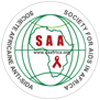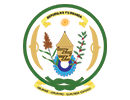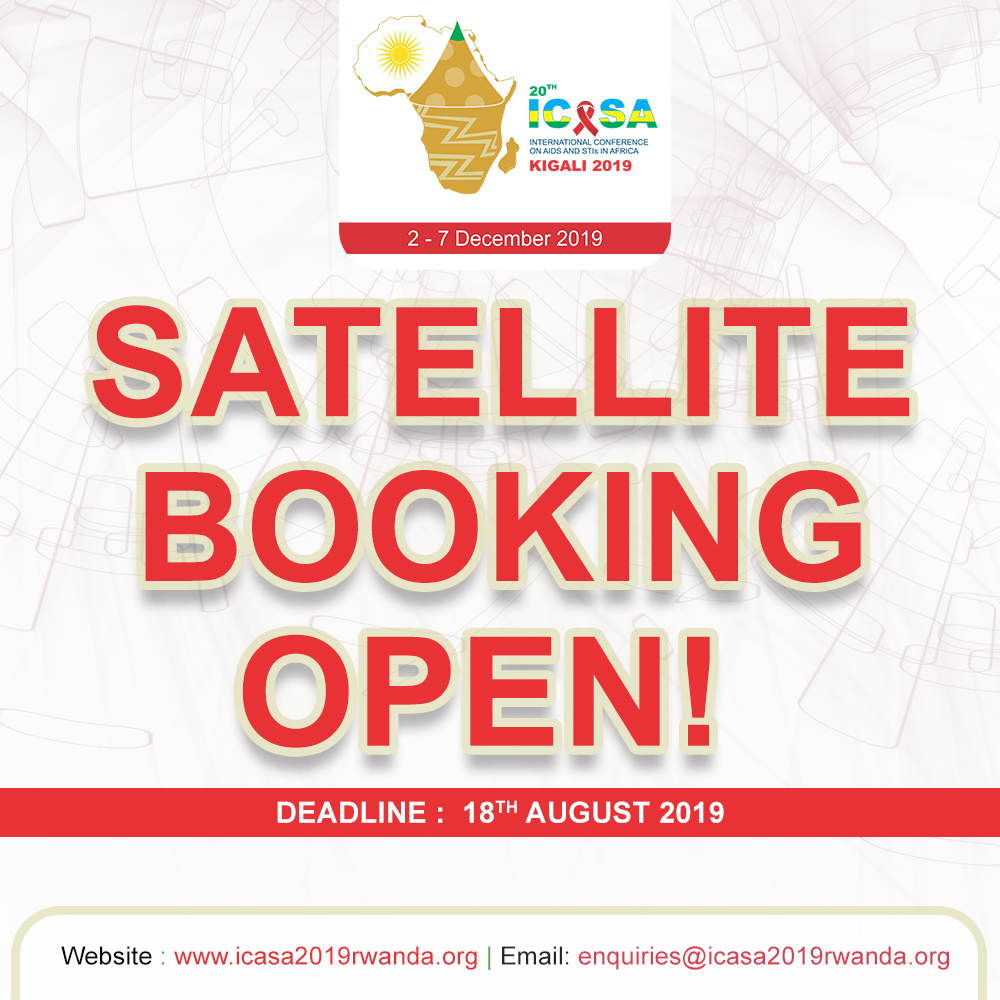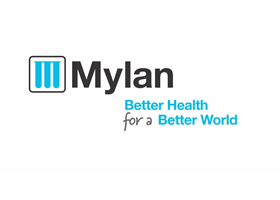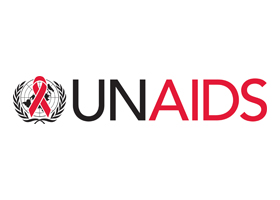Room: MH4
Reporter: GASENGAYIRE ALIANE
The session was chaired by Jeanne Gapiya. Speakers at the session were Dr Meg Doherty, the HIV treatment and care Coordinator at World Health Organisation, Pascale Ondoa, the Director of science and new initiatives at African Society for Laboratory, Rosa Mahlasera of the Community of African Youth Advisors, Matsitso Mohoanyane and Emily Gondwe Gama.
A key message from the session highlighted by Dr Meg Doherty is that women in particular require additional care, including access to cervical cancer screening, infant diagnosis, and for women in HIV care diagnosis for co-infections and virologic treatment monitoring. Pascale Ondoa presented about innovative technologies that can facilitate access of women to services. He highlighted the importance of integrated HIV testing for mother and child as a way to facilitate health service access for a critically vulnerable population.
Discussants concluded that the advent of point of care diagnostics provides a promising opportunity to improve maternal health outcomes especially for regions worse affected by the HIV epidemic. Countries need to prioritise efforts that overcome challenges related to accessibility, availability and utility of point of care diagnostics for populations at high-risk for HIV infection, including adopting new point of care diagnostic testing for HIV. There is a urgent need for more implementation research to support the adoption and scale-up of new diagnostics that is able to address the unmet needs of patients in resource-limited settings as such evidence based interventions can help overcome challenges that can delay adoption.


